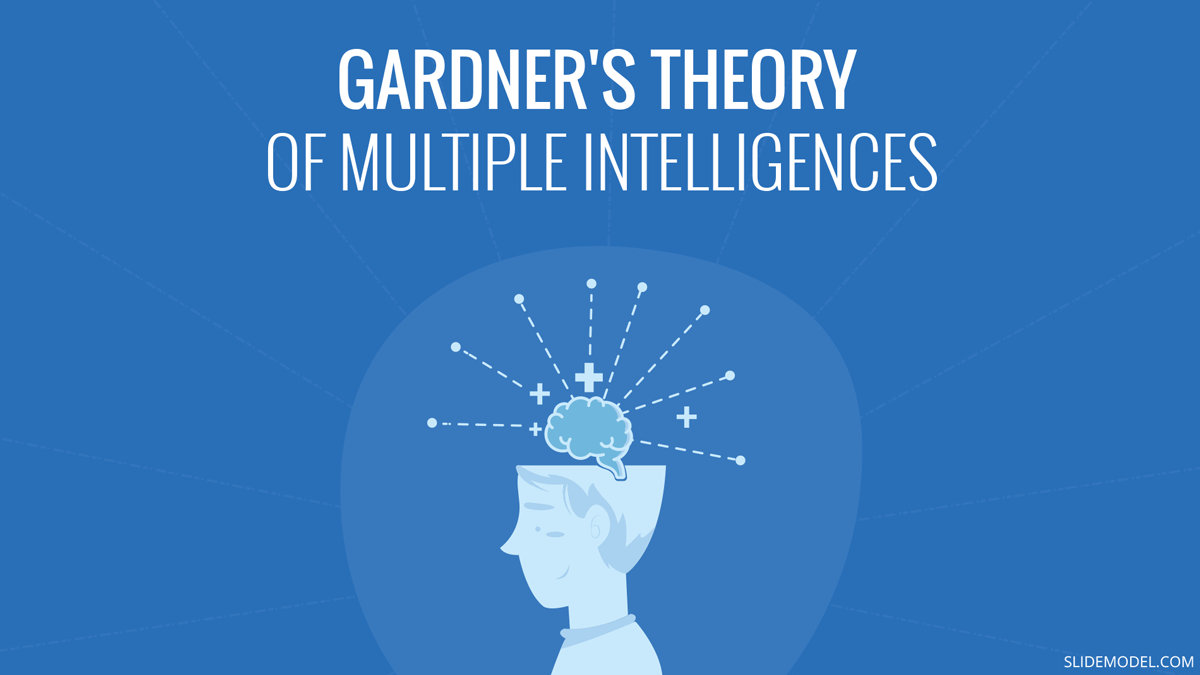Howard Gardner’s Theory and Types of Intelligence
May 12, 2023
This paper details Howard Gardner’s Theory of Multiple Intelligences, which suggests that each person has multiple different types of intelligence. The theory further proposes that these intelligences can be classified into eight distinct categories: verbal-linguistic, logical-mathematical, visual-spatial, body-kinesthetic, musical-rhythmic, interpersonal, intrapersonal and naturalist.
Verbal linguistic intelligence is the ability to use language effectively for both communication and thinking. It includes skills such as being able to use language to express ideas fluently and accurately, understanding nuances of words and using metaphor to explain difficult concepts. This type of intelligence is especially important in fields such as writing or debate.
Logical mathematical intelligence is the ability to think logically and mathematically. It involves skills such as being able to solve problems, understand quantitative relationships and detect patterns. This type of intelligence is essential for those in scientific fields, such as engineering mathematics.

Visual spatial intelligence is the capacity to visualize a space and mentally manipulate objects within it. It includes skills such as visualizing complex structures, making maps from memory, understanding 3D shapes and working with scale models. This type of intelligence is especially important for professions in architecture or design.
Body kinesthetic intelligence involves using physical movement for problem solving and learning. It includes techniques like body language, fine motor control, improvisation and mime performance. This type of intelligence is important in roles such as athletes, dancers and actors.
Musical rhythmic intelligence is the ability to think in terms of sounds and rhythms. It includes skills such as being able to accurately recall tunes, recognize musical relationships and play instruments. This type of intelligence is essential for those in music-related professions.
Interpersonal intelligence involves understanding other people’s feelings, motivations and intentions. It includes techniques such as being able to empathize with others, read body language and communicate effectively in groups. This type of intelligence is important for roles such as counselors, teachers or salespeople.
Intrapersonal intelligence is the capacity to understand oneself on a deep level. It involves skills such as self-reflection, emotional regulation and managing stress. This type of intelligence is essential for those in roles such as therapists, psychologists and spiritual leaders.
Finally, naturalist intelligence involves understanding the patterns of nature and how different systems interact with each other. It includes skills such as being able to identify plants and animals, recognize changes in weather patterns and understand ecosystems. This type of intelligence is important for fields such as ecology or agriculture.
